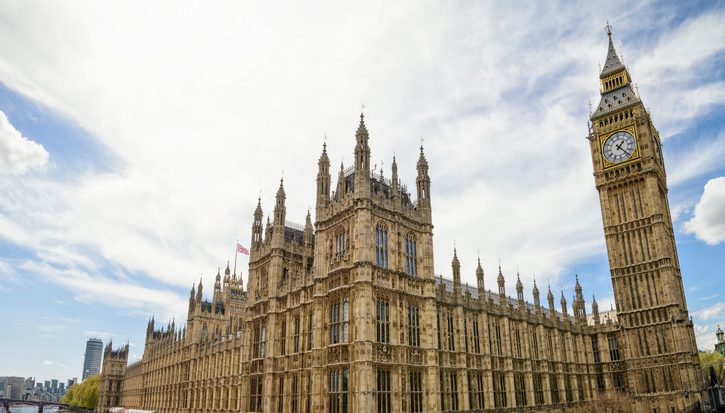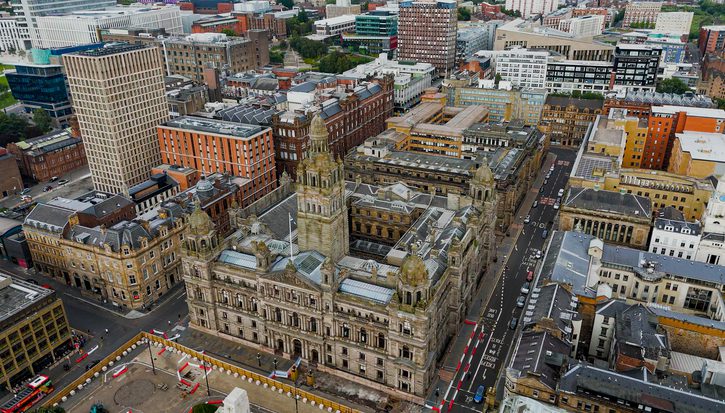Closing the gap: Parliament, representation and the working class
Article
Recent political scandals in Westminster have once again put the issue of trust in politicians at the top of the agenda.
While MPs have become more representative in terms of gender, ethnicity and sexuality in recent years, there is a large and growing ‘representation gap’ on class.
This ‘class ceiling’ is not driven by discrimination against working class candidates by voters, but by a lack of supply of candidates by parties. Representation in politics matters because it has an impact on the policy decisions taken and the voting behaviour of citizens.
In this report we argue that political parties and government should take action to close the ‘representation gap’.
Related items

Delivering control and compassion: Reflections on the home secretary's speech on immigration reform
The last six months for the home secretary have been quite a whirlwind.
On the ground: how Scotland’s public servants experience public service reform
The failure to embed the Christie Commission's recommendations has proved to be a huge mistake
Reclaiming Britain - a response
The IPPR report Reclaiming Britain, authored by Parth Patel and Nick Garland, marks an important development in the world of progressive think tanks.